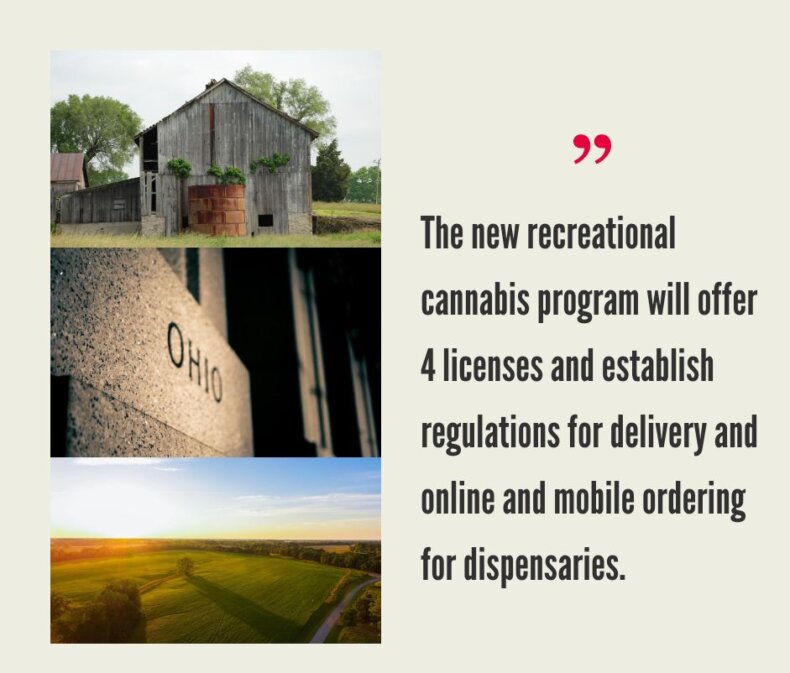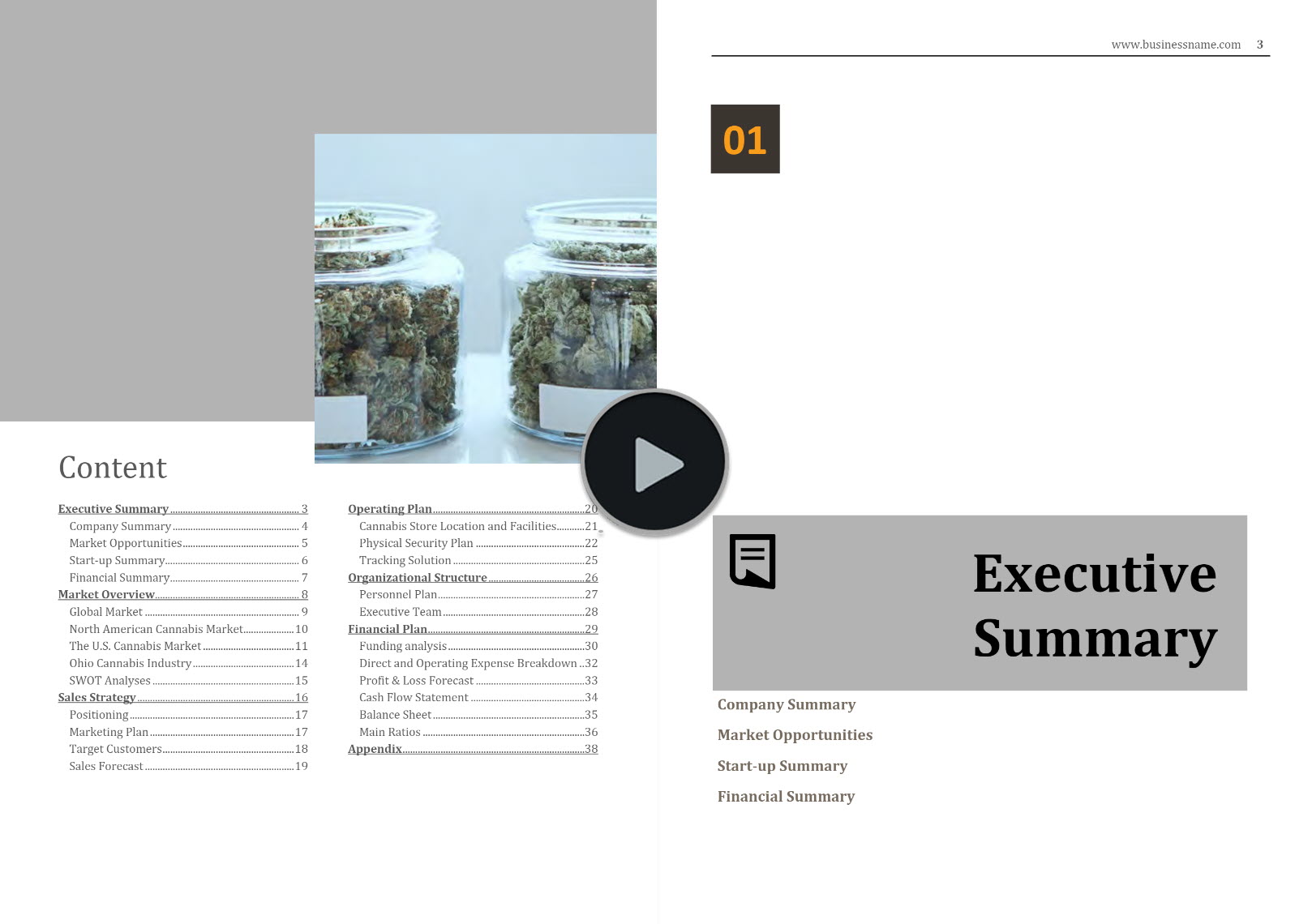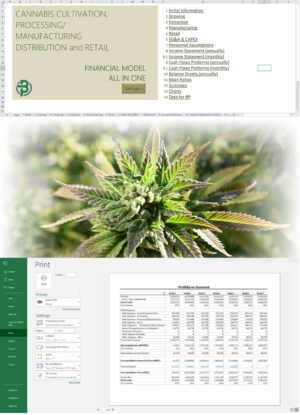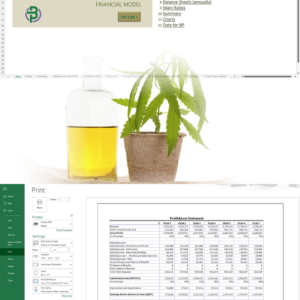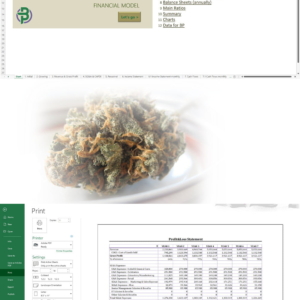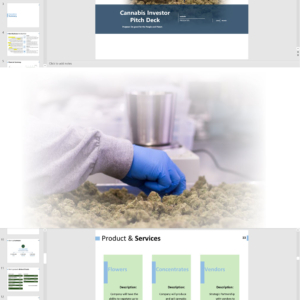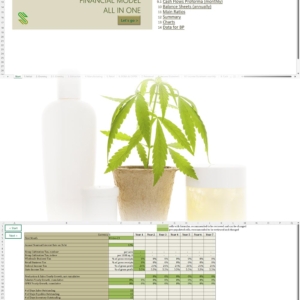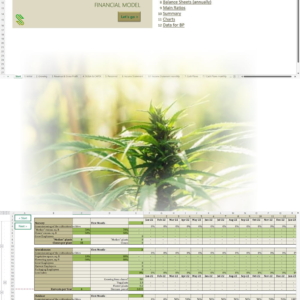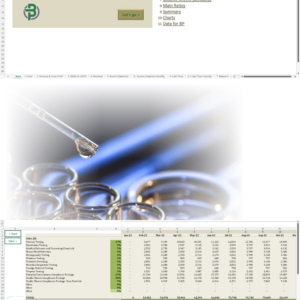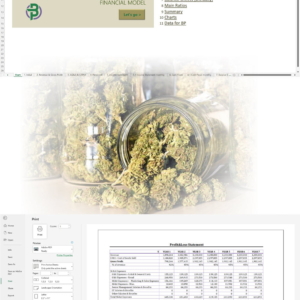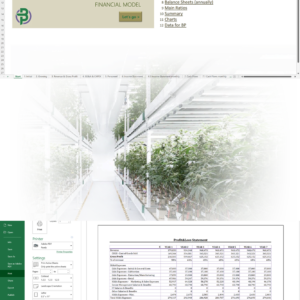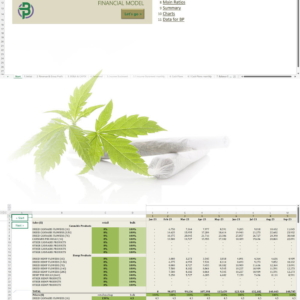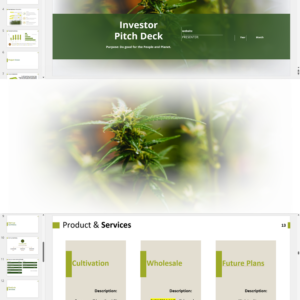- Understand regulatory and legal requirements. Do market research.
Ohio Cannabis Legalization
Ohio Governor John Kasich signed legislation legalizing medical cannabis in June 2016, making the state the 26th to join the legal cannabis market, and in November 2023, Ohio voters approved a measure to legalize recreational cannabis, making it a state 24th to do so. The initiated statute became effective December 7, 2023. The new Division of Cannabis Control (DCC) must adopt rules necessary to initially implement the initiated statute within nine months of the effective date. Initial applications are expected to be available by June 7, 2024, followed by provisional licenses to be issued by September 7, 2024.
- Decide the type of cannabis business. Choose a location. Check local zoning regulations.
Ohio Cannabis Licenses
The following Ohio medical cannabis business licenses are available to apply for:
- “Cultivator” – to grow, harvest, package, and transport medical cannabis.
- Level I cultivator licenses: maximum cultivation area is 25,000 sq. ft
- Level II cultivator licenses: maximum cultivation area is 3,000 sq. ft
- “Processor” – to manufacture medical cannabis products.
- “Dispensary” – to sell medical cannabis to qualifying patients and caregivers.
- “Testing laboratory” – to have custody and use of controlled substances for scientific and medical purposes and for purposes of instruction, research, or analysis.
“Provisional license” means a temporary license issued to a medical cannabis entity that establishes the conditions that must be met by the medical cannabis entity before the entity is issued a certificate of operation.
“Certificate of operation” means a license authorizing a medical cannabis entity to begin operating.
Like the medical cannabis program, Ohio’s recreational cannabis program will offer four different licenses: cultivator, processor, retail and testing. Within nine months of the recreational law taking effect, the majority of adult-use cannabis licenses will go to operators who already have a medical cannabis license. An additional 40 cannabis cultivation licenses and 50 retail licenses can be awarded to participants in the cannabis social equity and jobs program. Two years after the program launches, the division will begin making a biennial decision on whether to issue additional licenses.
Ohio Cannabis Delivery
The Division of Cannabis Control has nine months from the November 2023 legalization of recreational cannabis to establish regulations for delivery and online and mobile ordering for dispensaries.
- Develop a solid cannabis business plan. Secure financing.
'70% ready to go' business plan templates
We offer a wide range of '70% ready-to-go' cannabis business plan templates that will help you prepare a professional cannabis business plan document supported with expert financials and an investor pitch deck. All our templates are completely open and editable and you can use Word, Excel and PowerPoint to work with them.
- Obtain required state licenses. Pay fees.
The application must include a cannabis business plan, an operational plan, a quality assurance plan, a security plan and valid zoning determination letter among other information that the Department of Commerce requests from prospective licensees during the application.
An applicant for a license shall submit the following non-refundable application fees with the corresponding application:
- Cultivator Level 1: $20,000 Application Fee.
- Cultivator Level 2: $2,000 Application Fee.
- Processor: $10,000 Application Fee.
- Dispensary: $5,000 Application Fee.
- Testing Laboratory: $2,000 Application Fee.
- Obtain required certificates of operation. Pay fees.
A provisional licensee is prohibited from operating until a certificate of operation is issued. A provisional licensee has nine months from the date they are notified of selection for a provisional license to obtain a certificate of operation.
An applicant that is awarded a provisional license shall submit the following non-refundable fees at the time a certificate of operation is issued:
- Cultivator Level 1: $180,000 Licensure Fee, and $200,000 Renewal Fee.
- Cultivator Level 2: $18,000 Licensure Fee, $20,000 Renewal Fee.
- Processor: $90,000 Licensure Fee, $50,000 Renewal Fee.
- Dispensary: $70,000 Licensure Fee, $70,000 Renewal Fee.
- Testing Laboratory: $18,000 Licensure Fee, $20,000 Renewal Fee.
- Register your business as an employer and a tax payer.
- Keep track of your ongoing compliance requirements.
Physical security measures, good production practices, packaging, labelling and transport requirements, reporting requirements and more.
Main steps in short
- Understand regulatory and legal requirements. Do market research.
- Decide the type of cannabis business. Choose a location. Check local zoning regulations.
- Develop a solid business plan. Secure financing.
- Obtain required state licenses. Pay fees.
- Obtain required certificates of operation. Pay fees.
- Register your business as an employer and a tax payer.
- Keep track of your ongoing compliance requirements.
Cannabis Retail Business Plan Sample, Ohio
Hemp CBD business plan templates are available at hempcbdbusinessplans.com.
